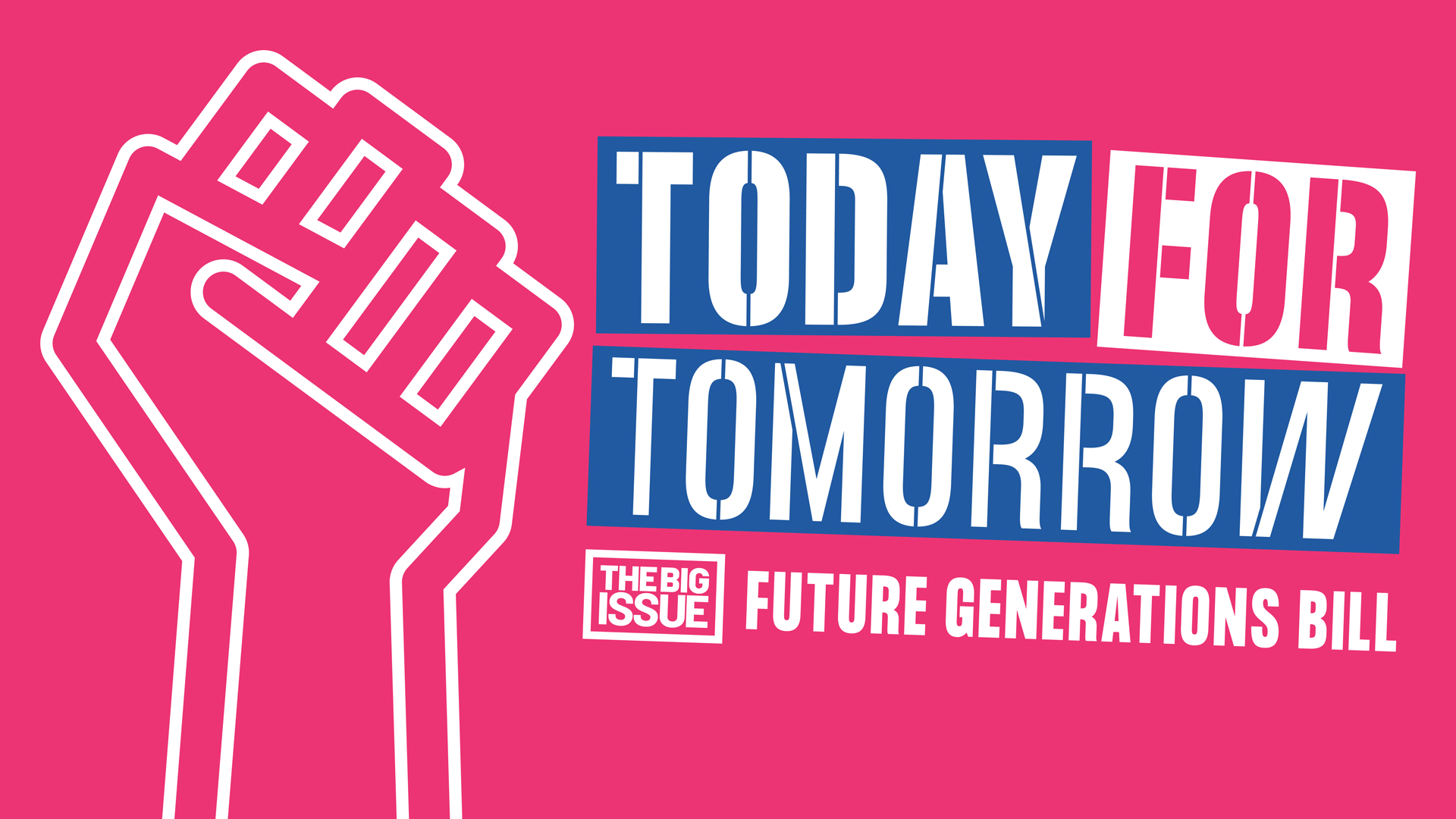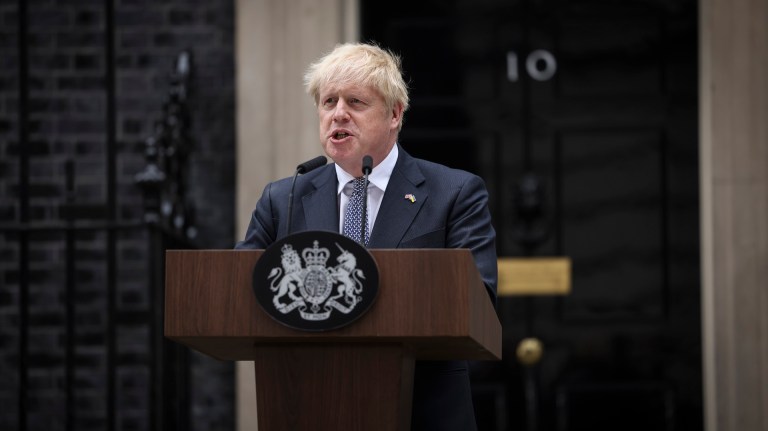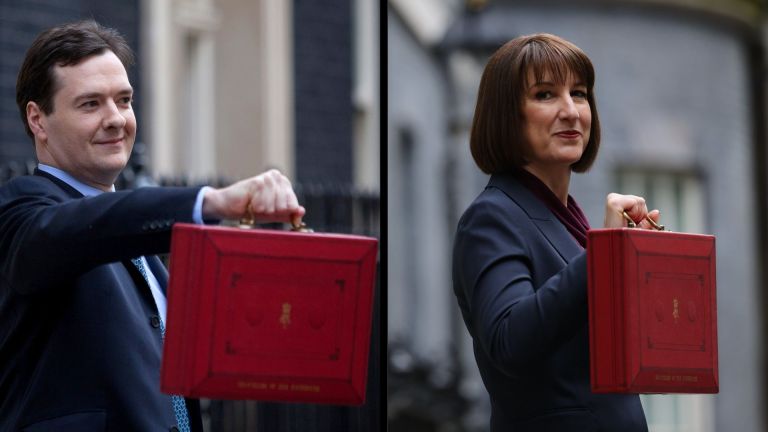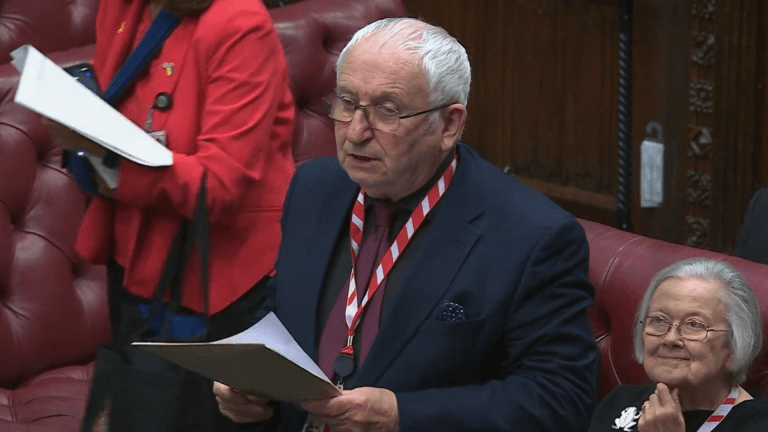I wholly endorse The Big Issue Future Generations Pledge. It is critical, timely and unavoidable. The climate emergency is real and oppressive, and the grip of its tentacles is already causing us to gasp for breath. The afflictions of today will be as nothing compared to the tragedies for the forthcoming generations. No one can predict or fully sense just what suffering lies in wait. Yet the nature of the emergency is that, if we do nothing about it, their suffering will worsen beyond any imagination of pain. So, creating a legal safeguard for guaranteeing the wellbeing of all future generations on Earth is essential.
We are carbon addicts and are controlled in thought and action by weak, leaderless politicians and by conniving fossil fuel-vested interests who have carved up carbon dependency to imprison us in their carbon trap.
Yet the signs are that we are not ready to do this. We are carbon addicts and are controlled in thought and action by weak, leaderless politicians and by conniving fossil fuel-vested interests who have carved up carbon dependency to imprison us in their carbon trap. We are being dangerously misled by claims that we can remove most of the warming gases by clever but untried technologies and by substituting renewable energy, offered without guarantee on a gargantuan scale. We are also being lulled by the promise of locking away the hothouse gases into the oceans, plants and soils which no longer can absorb them all. In any case we have no funds to pay for even this minimal response.
Hothouse gases are a pollutant. Polluters are supposed to pay but they do not. Any attempt at imposing a carbon tax is met with massive hostility by electorates who will not vote to lose income for livelihoods which they guiltily enjoy. An attempt by the Canadian government to levy a carbon charge of $25 on a tonne of carbon equivalent (about 1.25 cents per litre of petrol) was only made palatable by a rebate on
their income tax.
Embracing the Future Generations Pledge opens up the possibility of making a compassionate generational carbon contribution.
Yet there has to be a fund to pay for the huge costs of climate breakdown. A recent United Nations report estimated this cost at $3.5tn, or about five per cent of current global wealth creation. The costs of removing the hothouse gases from our atmosphere will be at least as much, so we are looking at a price tag of one tenth of all wealth. This cosmic scale of money cannot be found by international funds and philanthropic payments. It has to arise from the carbon creator.
Embracing the Future Generations Pledge opens up the possibility of making a compassionate generational carbon contribution.
Think about it this way: we will only pay if we accept that our hothouse gas emitting behaviours – means of transport, keeping ourselves warm and cool, and consuming long-distance, carbon-heavy foods and goods – are morally wrong when we face up to the circumstances we are inflicting on our future generations. Such contributions should be seen as a bequest to future generations and a safeguard for planetary liveability for all life. We cannot label them as taxes because taxes are toxic to populists. To gain acceptance, we first need to make the Future Generations Pledge into binding law in this country, encouraging all other rich and nearly rich nations on the way to making this a global pledge.










